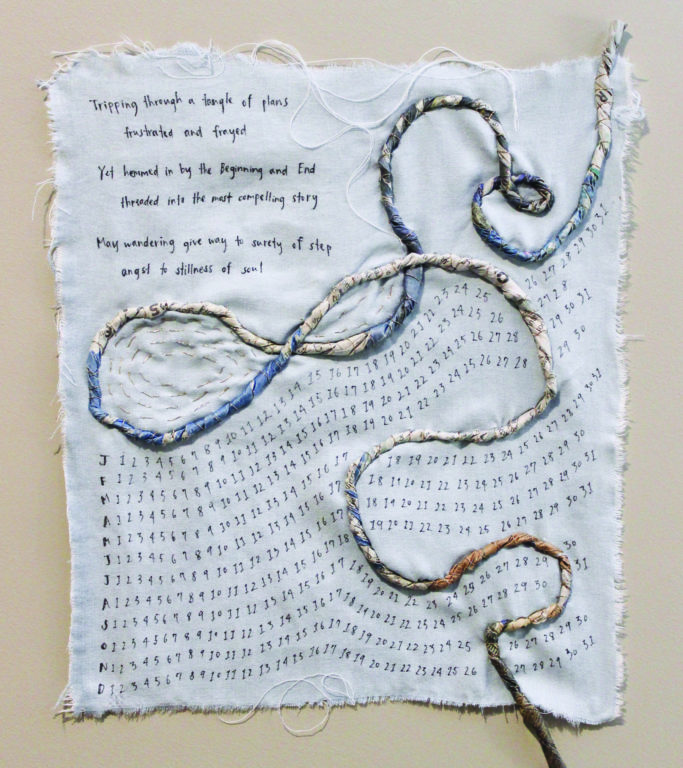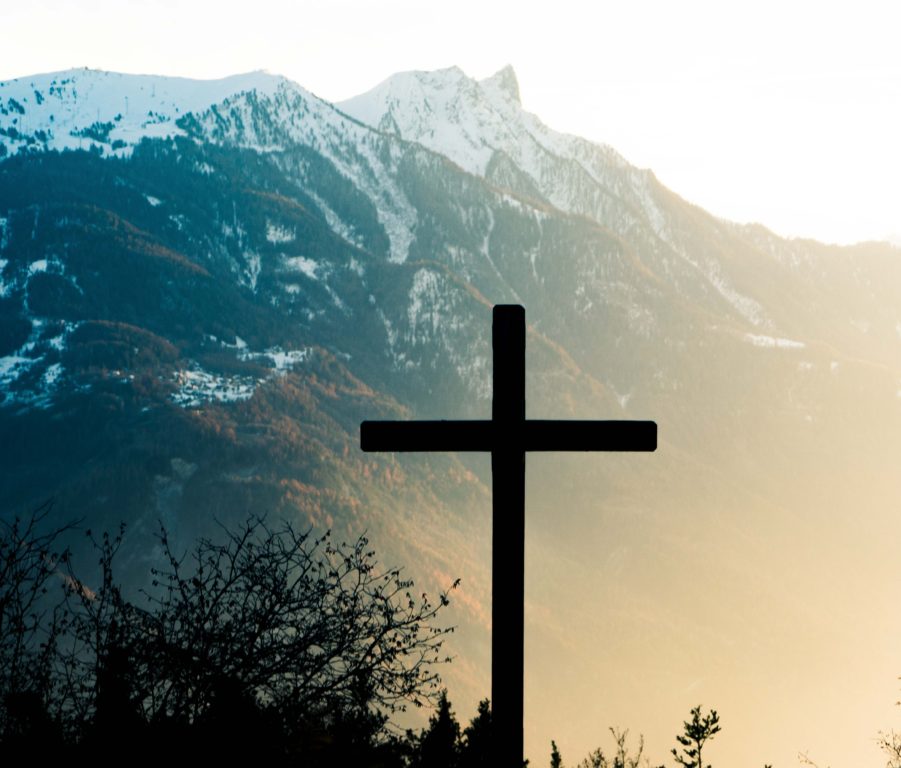 This week, our featured blogger is Ellie Wiener, who lives in Beverly and is a member of North Shore Community Baptist Church. Ellie is is a full-time student at Gordon-Conwell Theological Seminary. As many are growing weary with dynamics relating to the COVID-19 public health crisis, Ellie shares a powerful reflection and call to action to cling to the resurrection hope found in Jesus Christ because He is our End.
This week, our featured blogger is Ellie Wiener, who lives in Beverly and is a member of North Shore Community Baptist Church. Ellie is is a full-time student at Gordon-Conwell Theological Seminary. As many are growing weary with dynamics relating to the COVID-19 public health crisis, Ellie shares a powerful reflection and call to action to cling to the resurrection hope found in Jesus Christ because He is our End.
The end. These sweet words of closure place the period on the best stories, celebrated with a satisfied exhale. How is it that this common phrase of finality has frayed into elusiveness and uncertainty so abruptly? Often when I stop to probe the restlessness I register stirring within my soul, it is this devolution of my sense of “the end” I find churning at the core. I discover that once again, my fickle self sends out grasping hands to latch onto any hopeful statistic, any felicitous daydream of when and how this pandemic will come to an end so life can return to the normalcy we did not know we should have treasured so much.
But then projections prove to be a double-edged sword, for I rarely find congenial the assessments of how long it may take for society to open back up (haltingly, guardedly) to work and gathering, for distribution of vaccines to quell this unwieldy virus. Our best number-crunching and prudent proactivity are a meager match for this invisible yet formidable foe of a virus that keeps demanding more of our calendar, resources, bodies…

And then if I press on still further into the labyrinth of my heart, the dim pathways become only more grim. I encounter what I scarcely dare admit: that I most often, most strongly desire “the end” for myself first. Even though my situation is far less dire—in fact, rather pleasant on the whole—in comparison with the grieving and/or vulnerable millions worldwide who are anxious over lost jobs, pushed to the brink of starvation, mourning a loved one, physically compromised, etc., still I somehow retain the selfishness to wish first for the alleviation of what feels most unideal in my own life. Perhaps you resonate, whatever your situation may be. Yet is not the way of the cross to carry the death of Jesus around in our bodies so that the life of Jesus may be revealed in our lives and the lives of those around us (2 Cor 4)? Rather than looking for the quickest escape route from suffering, should we not purposefully ally ourselves with those most likely to linger in suffering long after many have recovered and forgotten? O God, have mercy.
And in God’s mercy, may I—and we, together as the church—absorb and lament the pain of the world through tears of faithful intercession. In God’s mercy, may we enter the specific griefs of our hurting neighbors, with no hurry to exit and no agenda to accomplish other than to bear the presence of Christ in love. In God’s mercy, may we run to the sufferer with the winsome, hope-filled comforts of a tender Savior.
How may this be done? Only if our Lord is our End. We are no longer lost, for we have been found at the End, in the End; we are no longer blind, for we have beheld the End; we are no longer thirsty, for we have drunk to the End. In our God we have encountered all that is substantial and lasting, wholly satisfying truth. No longer must we linger in limbo as we restlessly pine for circumstances to emerge as we would ordain; rather, we are invited to acquiesce delightedly to life and time as God has masterfully ordained them.
What is more, Christian faith would come up tragically short if devoid of eschatology, theology of the end. Paul has said that if only for this life we have hope in Christ, we are to be pitied more than all men (1 Cor 15). I am learning to cling to the resurrection of my Lord as I never have before, trusting that even now in the risen Jesus the Spirit has ushered me into the Father’s presence in the heavenly realms, uniting his people to the divine life and securing the life to come (Eph 2). It is indeed fitting that humans should recoil at the brokenness and darkness of the world, refusing to settle for anything other than wholeness and light. We are only able to stare a sin-scarred world in the face without fleeing in terror or collapsing in despair because we stand with our God who once made and declared everything good; has climactically thwarted death in the cross that gave way to life; and promises to make all things new at last. Then—how my heart burns within me—the end will come. And outstripping our wildest imagination, it will be unshakably and unendingly glorious.

Leave a Reply